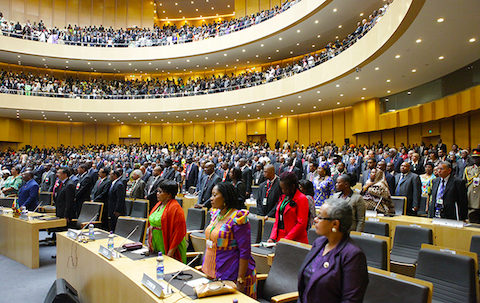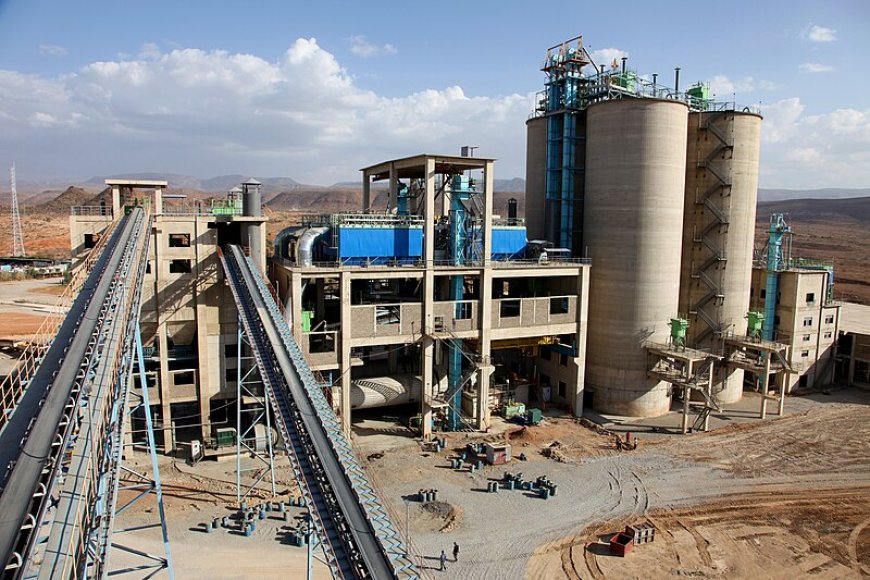Burundi and AfDB Launch $152 Million BRIDEP to Modernize Farming and Cross-Border Trade


Quidah is an online platform that connects investors with curated opportunities and expert insights on Africa’s emerging markets, while offering businesses promotional services, partnership facilitation, and market intelligence to attract capital and grow their operations.
Industries
Burundi and the African Development Bankhave launched the Burundi component of the Burundi-Rwanda IntegratedDevelopment Project (BRIDEP), a $152 million push to modernize agriculture anddeepen trade links with Rwanda. Announced at a technical workshop in Bujumburaon May 20, 2025, the six-year effort (2024–2029) blends irrigation, digitalservices, and new infrastructure to accelerate rural transformation.
Officials said the workshop alignedinstitutional, technical, and financial stakeholders behind a single deliveryplan. “The launch of this project is a pivotal step in steering Burundi towardssustainable, inclusive, and integrated development,” said Diomede Ndayirukiye,Permanent Secretary at the Ministry of Environment, Agriculture, and Livestock.He underscored ambitions to unlock irrigable potential, scale agro‑industrialization,and spur youth and women’s entrepreneurship.
BRIDEP targets nine high-potentialprovinces stretching from Kirundo to Cibitoke via Gitega, Muyinga, and Kayanza witha mandate to advance food sovereignty and economic inclusion. The program willsupply improved seeds for 24,000 hectares, diffuse climate-adapted farmingpractices, and restart 40 private livestock centers focused on high‑performancepig and poultry breeds. Rehabilitation plans cover 6,000 hectares of marshlandsand 18,000 hectares of watershed areas.
A new digital platform will geolocate120,000 households and centralize access to inputs, finance, and markets. Onthe trade side, the project will build Burundi’s first single‑window borderpost at Akanyaru Haut and establish two agropoles in Cibitoke and Karuzithrough public‑private partnerships signaling a shift toward agro‑industrialhubs.
“Agriculture is the beating heart of theBurundian economy, and when structured, supported, and modernized, it becomes apotent lever of transformation,” said Pascal Yembiline, AfDB Country Managerfor Burundi. He framed BRIDEP as a “new generation” high‑impact initiativeadvancing regional integration through coordinated, cross‑border solutions.
AfDB will provide over half of thefinancing, with strong co‑funding from the International Fund for AgriculturalDevelopment. The government of Burundi and beneficiary communities willcontribute implementation support across the six‑year rollout.
Business and investment outlook: BRIDEPcreates openings for agribusiness processors and logistics firms to anchor thetwo agropoles (rice, maize, oilseeds, horticulture, animal feed), for EPCcontractors in irrigation and border infrastructure, and for suppliers ofseeds, genetics, cold chain, and post‑harvest equipment.
Digital and fintech players can integratewith the household platform for credit scoring, input e‑commerce, and producemarketplaces. Livestock investors can partner with private breeding centers,while water and renewable energy providers can supply efficient pumping,storage, and mini‑grid solutions.
Prudent investors should assess concessionframeworks for the agropoles, currency and cross‑border risks, and anchor‑offtakeprospects; blended finance and impact capital are likely to reduce risk andaccelerate bankability, especially when paired with local partners andperformance‑based contracts.


